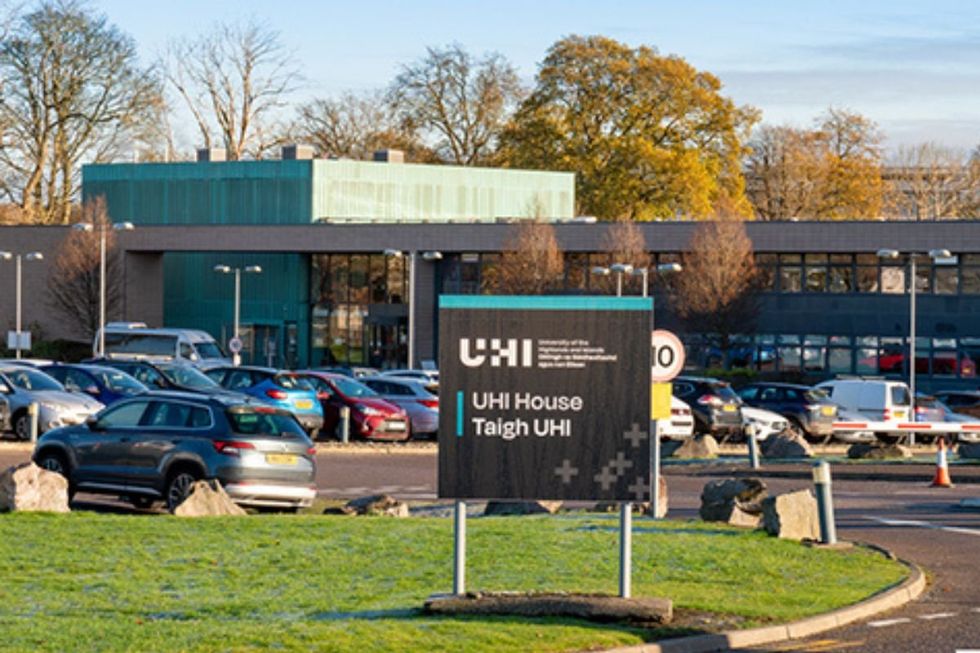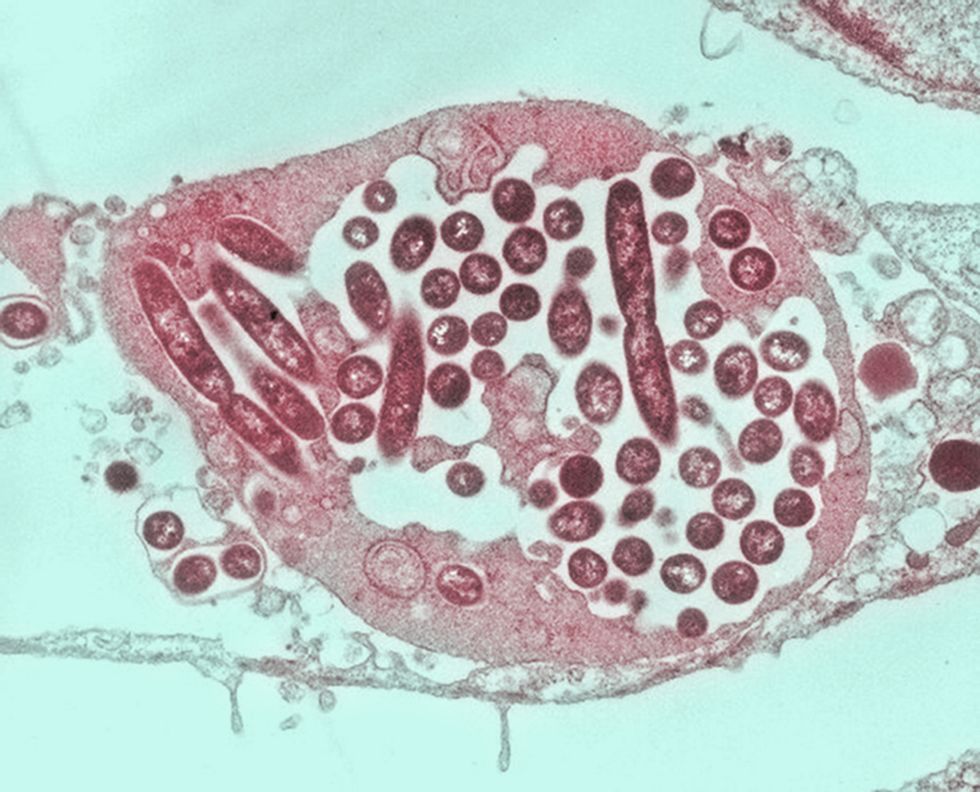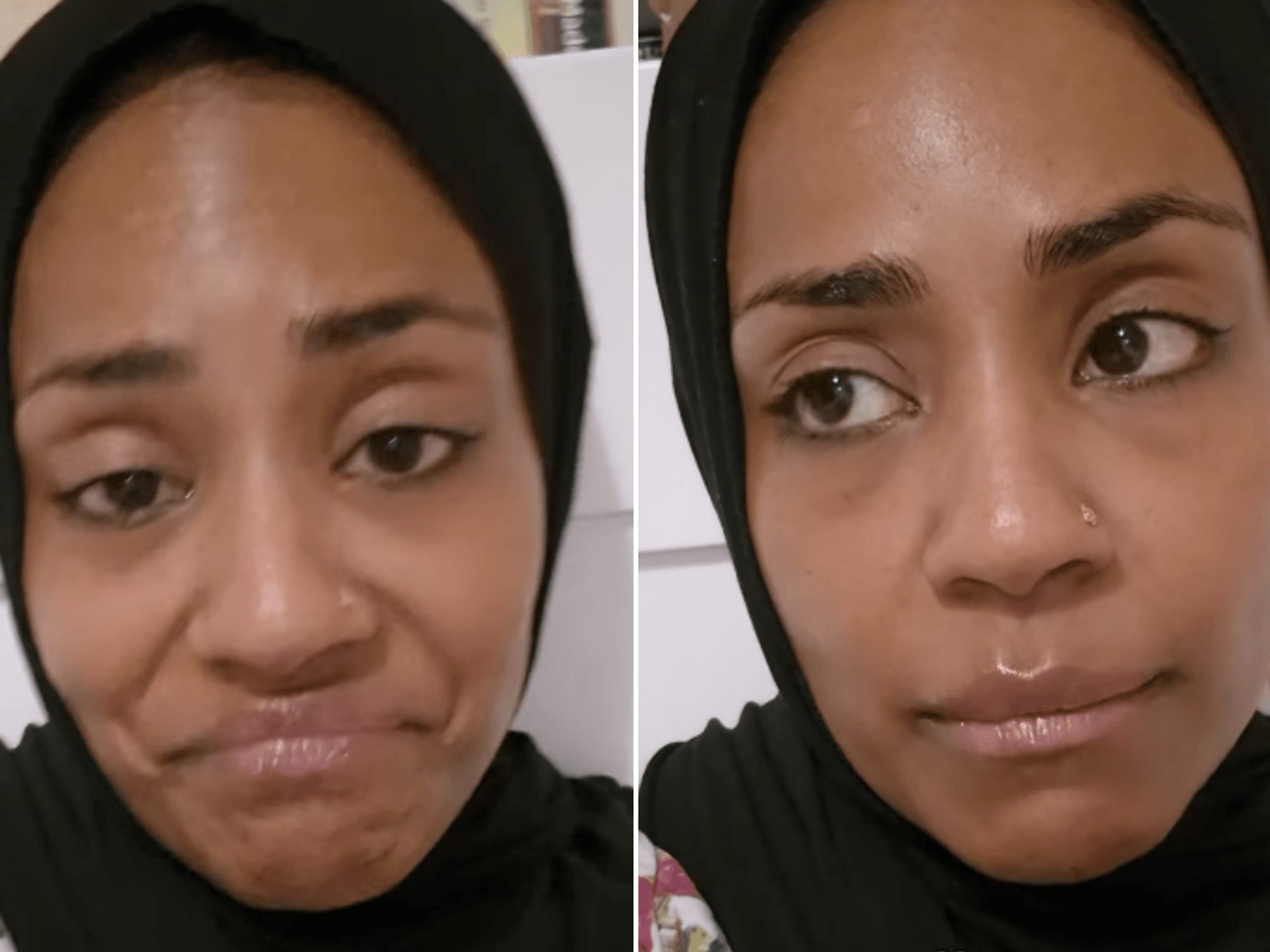Dozens of NHS appointments cancelled after deadly Legionella bacteria scare - 'It's very hectic!'

WATCH NOW: Doctor outlines key warning signs of sepsis to look out for
|GBN

Patients are facing cancelled appointments as services are relocated
Don't Miss
Most Read
Dozens of NHS dentist and diabetes appointments have been cancelled or moved after a potential outbreak of Legionella bacteria.
The outbreak at a university building in Inverness forced the site to close after a test came back positive for the presence of Legionella bacteria in its water system.
UHI House in the Raigmore area closed on Tuesday and will stay shut for the remainder of the week as a safety measure.
The building houses both dental and diabetes centres, leaving patients facing cancelled appointments and relocated services.
The discovery came after an NHS tenant conducted water testing that discovered what the University of the Highlands and Islands (UHI) called a "Legionella-related issue".
Though it was just one test result, officials aren't taking any chances.
Routine dental appointments have been cancelled, though emergency dental care is still available for those who need it.
Diabetes patients have seen their appointments shifted to different venues or pushed back to later dates.

Diabetes patients have seen their appointments shifted to different venues
|UHI.AC.UK
A local NHS source told GB News: "It's very hectic now. They have put filters on the taps, and some people are still working in the building."
They added: "Basically, we're just rescheduling all of our routine patients, which is a nightmare if they have already been waiting four to six months just to get a check-up."
Staff have been given guidance on water usage in the site's toilet facilities while clinics remain completely cancelled, with many employees reassigned to other duties.
LATEST DEVELOPMENTS
"Thankfully, management has been supportive throughout the process," the source added.
NHS Highland has already contacted everyone affected by the closures.
"Patient and staff safety is our priority," the health board said. "We apologise for the disruption and thank you for your understanding."
Due to the building serving multiple NHS departments, the sudden closure has left patients scrambling to find alternative arrangements.
The university has stressed this is an isolated problem that doesn't affect other nearby facilities.
The Life Sciences Innovation Centre and UHI Inverness on the Inverness Campus remain open as normal.
A UHI spokesman explained: "Although this was based on a single result and the wider situation was unclear, UHI closed the building as a precaution to allow for further investigation."
The building won't reopen until safety measures are complete. Teams are carrying out additional water tests and performing a chlorinated clean of the entire water system.
"Until these safeguarding measures are fully in place, the building will remain closed to students, staff, tenants and visitors," the spokesman added.
 Legionnaires' disease is a potentially fatal lung infection | GETTY
Legionnaires' disease is a potentially fatal lung infection | GETTY What is Legionnaires' disease?
Legionella bacteria thrive in water systems and cooling towers, particularly in hot and cold water supplies.
The most serious illness it causes is Legionnaires' disease, which the NHS states is "uncommon but can be very serious".
People catch it by breathing in tiny water droplets containing the bacteria.
It's typically found in hotels, hospitals or offices where the bacteria have contaminated the water supply, though it's less common to catch it at home.
The infection can come from air conditioning systems, humidifiers, spa pools, hot tubs, or taps and showers that aren't used regularly.
Symptoms include coughing, shortness of breath, chest pain, high temperature and flu-like symptoms.
You can't catch it from drinking contaminated water or from other infected people.
Our Standards: The GB News Editorial Charter










